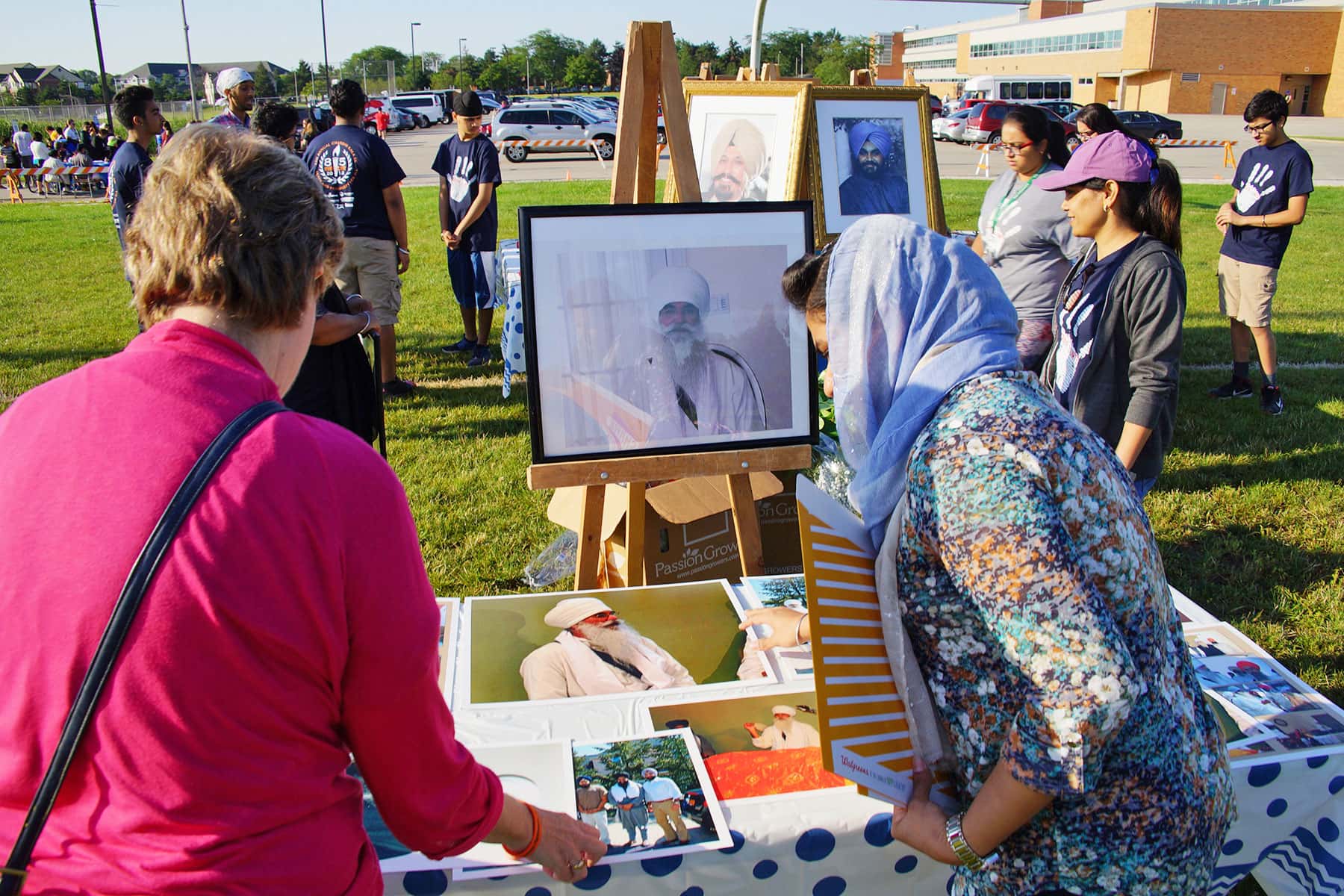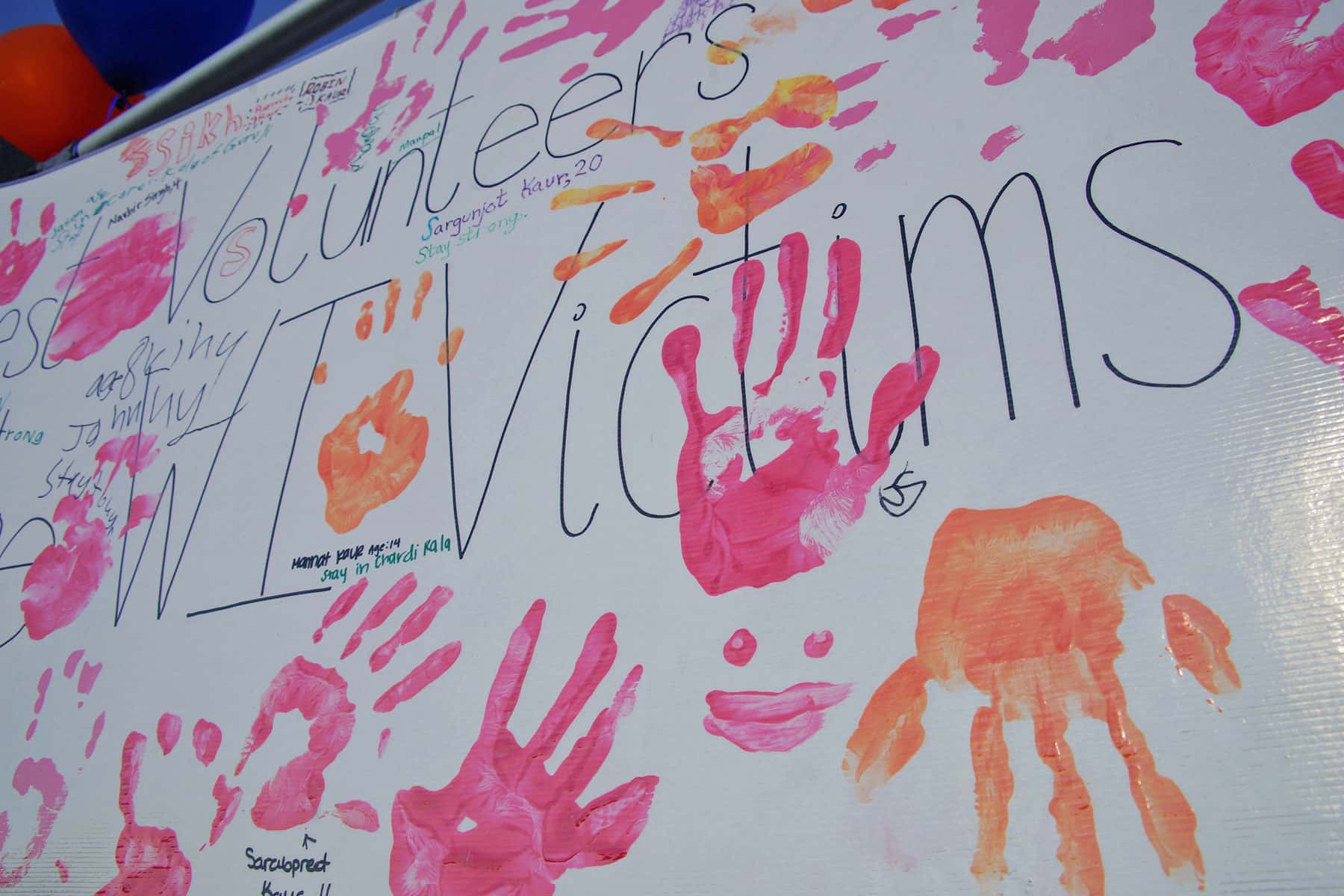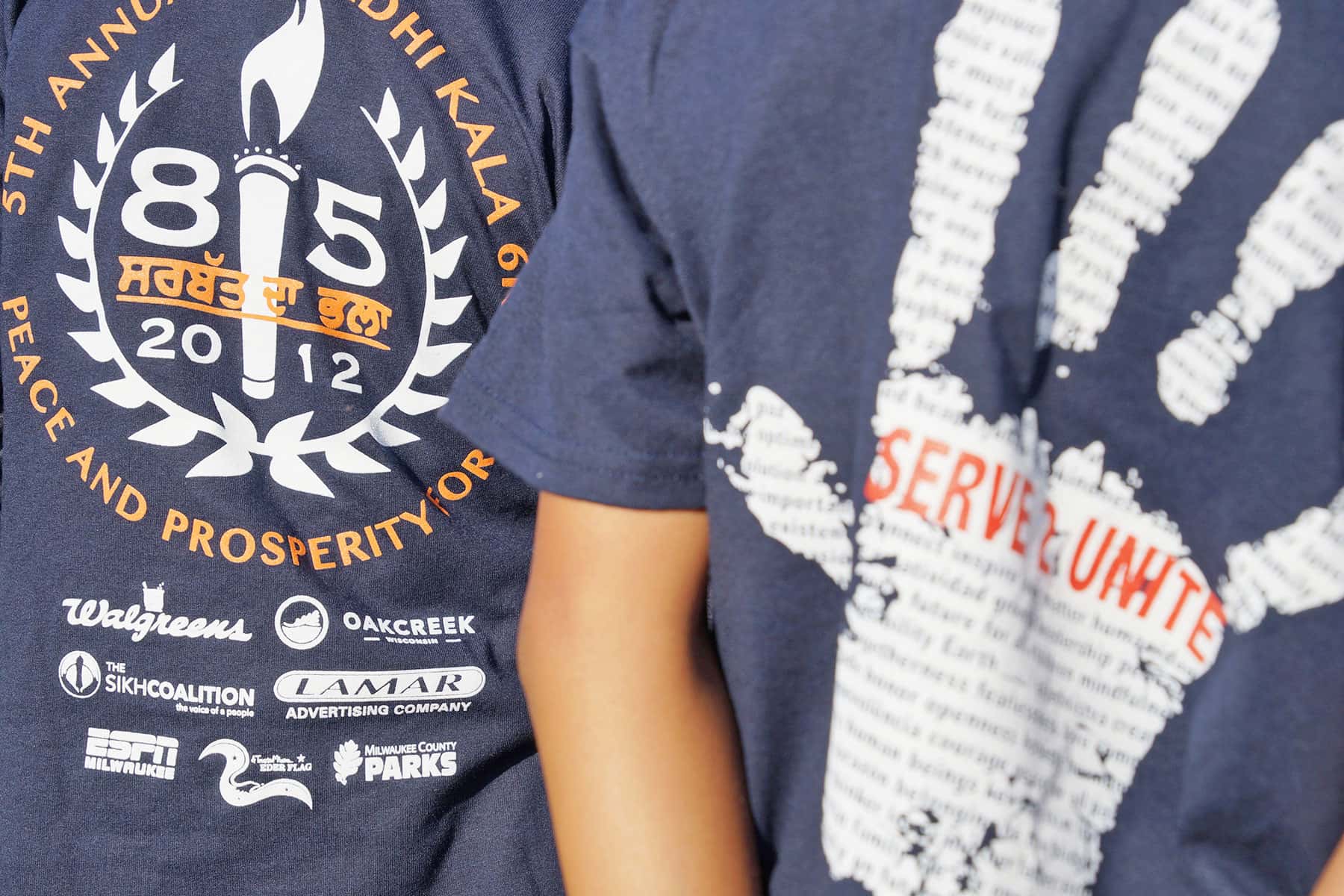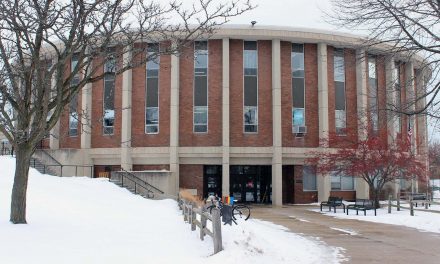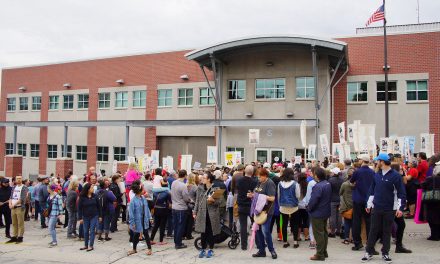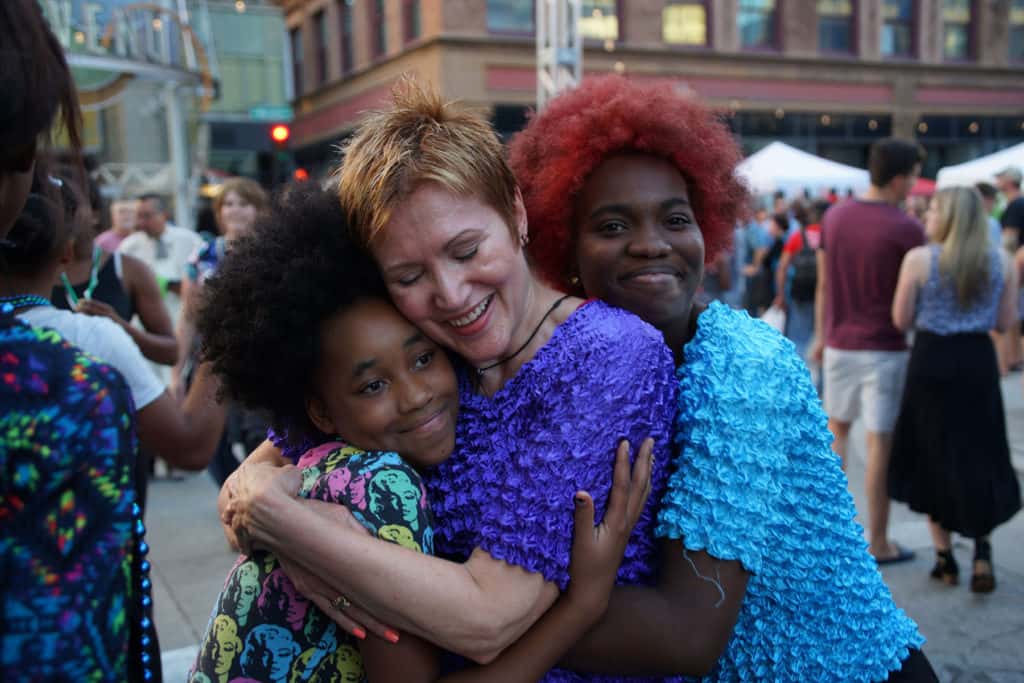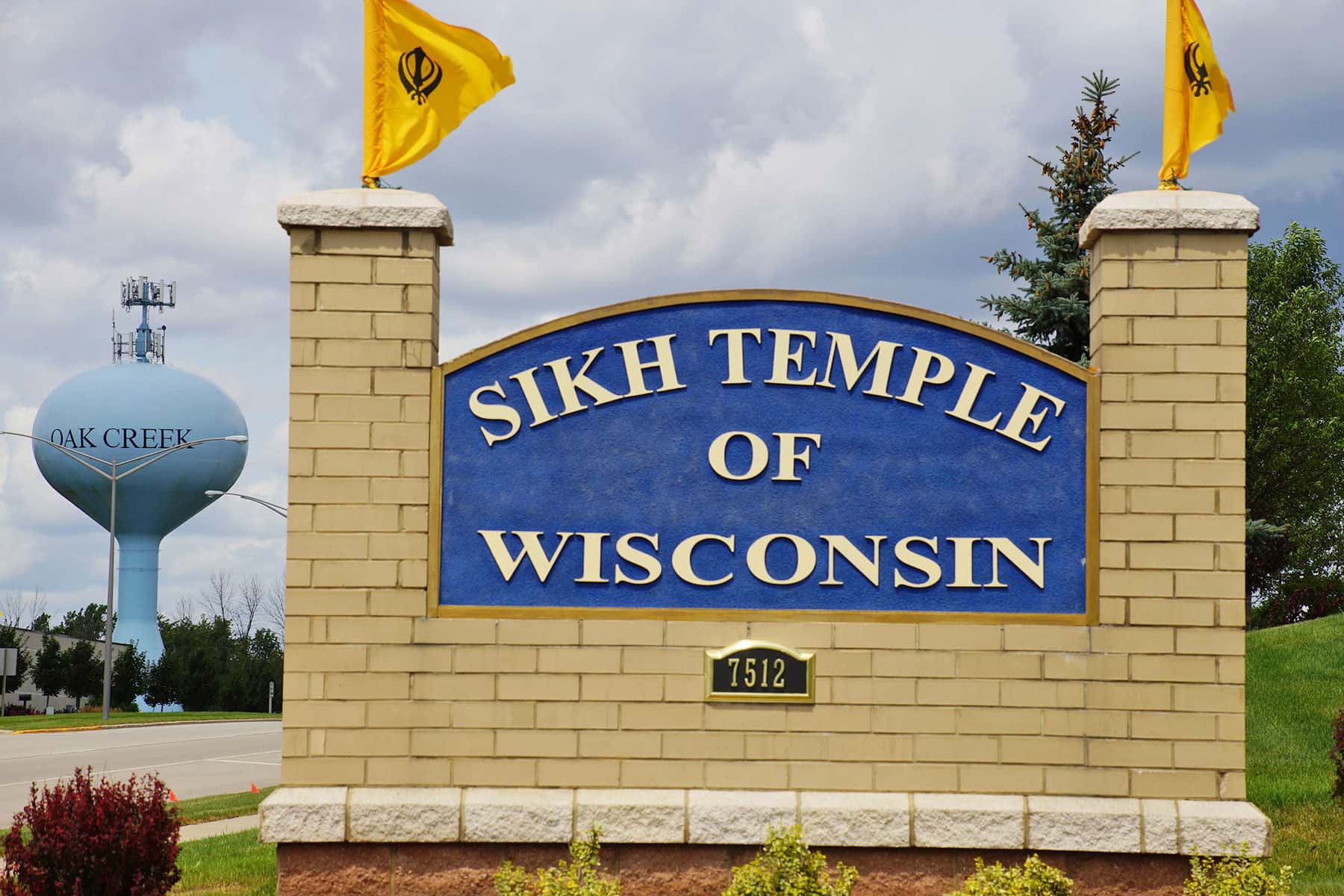
On August 5, 2012, as worshipers gathered at our gurdwara in Oak Creek, Wisconsin, a man with reported ties to white supremacist organizations entered the sacred space, pulled out a gun, and opened fire on his fellow Americans.
Six people lost their lives and several were permanently injured. My father, Baba Punjab Singh, was shot in the head. A bullet entered his face and damaged his spinal cord, changing his life forever — but he survived.
As Sikhs mark the five-year anniversary of the Oak Creek tragedy — and as my elderly father remains bedridden, unable to speak, and partially paralyzed because of the injuries he sustained — I believe our nation is failing to make hate crime prevention a priority.
According to the Bureau of Justice Statistics, there were an estimated 250,000 hate crime victimizations in the United States every single year between 2004 and 2015. This year alone, mosques have been set alight in arson attacks, and synagogues have received bomb threats. A Hindu man – Srinivas Kuchibhotla – was shot and kіIIed in Оlаthе, Kаnsаs, in February by a gunman who told him to “get out of my country.” A few days later, a Sikh man was shot and injured in Kent, Washington, by a man who told him to “go back to your own country.”
Hate crimes touch every community in our nation, not just immigrants and minorities. Behind the numbers and headlines, there are parents, children, siblings, neighbors, and friends whose lives and sense of security have been shattered
This is not a problem that can be legislated away. What we need is for people of all backgrounds to build friendships with each other and show kindness to everyone they encounter. We need to embrace our common sense of decency. In fact, the grassroots response to the Oak Creek tragedy offers a roadmap for communities nationwide that want to reduce the risk of hate crime.
With the encouragement of the Oak Creek Sikh community, Sikhs nationwide have partnered with local charities nationwide on community service projects in memory of hate crime victims. Seva (selfless service) is an integral part of the Sikh religion, and I believe one of the best ways to combat hate in our nation is for interfaith groups to join forces and serve their communities.
We also must implore our elected officials to do more by using their convening powers at the local, state and federal levels to organize community forums that address hate crime prevention and encourage dialogue between communities. We must hold our officials accountable when they attempt to sow fear through bigoted policies and rhetoric. Hate is not a political football, and we cannot continue to allow our leaders to divide our nation based on fear-mongering. Sikhs, like many other religious minorities, have been an integral part of the American fabric for generations. We are your colleagues, classmates, and neighbors, not your enemies.
When I return home to Oak Creek and visit my father every month, I enter his care facility room and always ask, “Are you living in Chardi Kala?” He will blink twice to answer “yes.” Chardi Kala means eternal optimism and it’s a crucial part of the Sikh practice.
My father, like our community, is resilient and steadfast in the belief that there are better days ahead.
Only God knows if my father will recover fully from the injuries he sustained five years ago, but I hope that his outlook on life remains a permanent reminder of how love will always overcome hate. Our nation is always strongest when we stand together and now, more than ever, efforts aimed at unifying our communities are critical.
- A son remembers the day his father was slain for his faith
- Photo Essay: Chardhi Kala 6K expands community healing
- Sikhs remain resilient after five years of living with tragedy
- A legacy of relentless optimism in response to hate crime
- Why Americans must continue to remember the Oak Creek massacre
- Timeline: Acts of domestic terrorism in Milwaukee
- Video: Reflections on 5th Chardhi Kala 6K
- Annual run turns tragedy into triumph to honor Sikh Temple victims
- Sikh temple survivor speaks on fake Bowling Green Μаssаcrе
- Victims of largest act of terrorism in Milwaukee largely forgotten by public
- Photo Essay: Targeted by hate, Sikhs embrace love
- Pardeep Kaleka: Forgiveness in the midst of tragedy
- Pardeep Kaleka: Testimony on post 9/11 rhetoric

